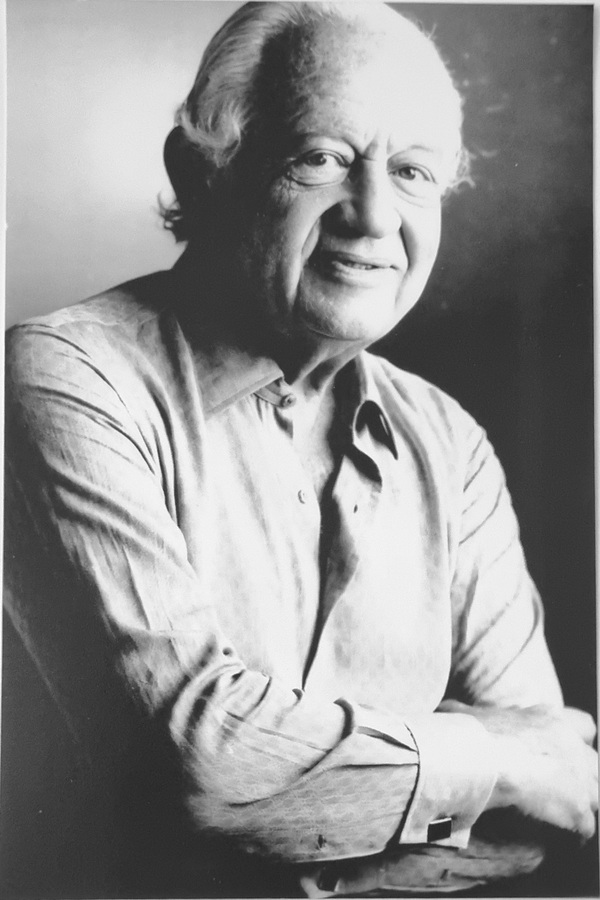General Info
His family background; college education; coming to Rio in 1935; career as a lawyer; his retirement; student politics; anti-Getúlio stance; criticizes Getúlio Vargas; proofs of Getúlio Vargas honesty; Valério Konder; criticizes fascism; misunderstandings of Communism; right-left Manichaeism; praises democracy; the crisis of modern youth; positive outlook for the future; congressman's term in 1963; loss of political rights in 1964; resigns as procurator; business activities; Communist Party's struggle for legality; the friendship with Portinari; Portinari's generosity; "Portrait of Frederico Palmeira"; the genius of Portinari and Villa-Lobos; Portinari's dedication to work; Maria's hands-on assistance; the surprise of Portinari's death; Portinari's depression following separation from Maria and attempt at reconciliation; Portinari loses election; Portinari joins the Communist Party; the political focus of Portinari's painting; "seu" Batista; Portinari's candidature; Communism beguiling to leftists; Sinval Palmeira loathes nazism; impressions of Poland; the Peace Campaign; the Communist Party militancy; Carlos Drummond de Andrade and the Communist Party; the Stalinist mentality of "Tribuna Popular" newspaper; the Communist Party political inability; Portinari breaks with Communist Party; Macarthism in the United Nations/UN; American Embassy turns down Portinari's request for visa; Portinari's low profile in the Communist Party matters; Portinari stands out among his contemporaries; Portinari and the Estado Novo; Rockefeller's mother's portrait; Portinari's professionalism; the communist's sectarianism; Portinari and Niemeyer; Portinari's admiration for Vargas; Capanema's non commitment toward fascism; Lourival Fontes and the Departamento de Imprensa e Propaganda/DIP; the diehard faith of the leftist; Filinto Müller; Capanema and his roots in Minas Gerais; Palmeira praises his marriage; Sinval Palmeira's family history; political repression in Bahia after 1935; coming to Rio de Janeiro; IAPS competiton; dedication to work; his resignation; defense of persecuted politicians, the transition to businessman; personal experiences in 1964; false accusations by the "Tribuna da Imprensa" newspaper; trips to China; friendship with Prestes; differences and eventual breaking with Prestes; criticizes Prestes; Manuel de Arruda Câmara; praise for Apolônio de Carvalho.
























































